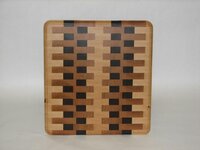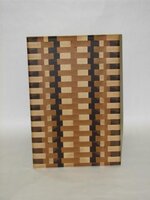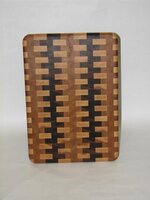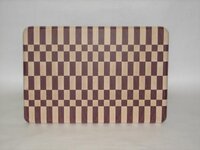candy1land
Member
So I have a quick question. I'm experimenting with making cutting boards right now from a band saw class I just took. Does the kind of wood glue matter? I have some guerilla glue at home, could I use that?
Or is there other types of glues I should use instead?
Please advise and share your best practices. Thanks, Candy
Or is there other types of glues I should use instead?
Please advise and share your best practices. Thanks, Candy




